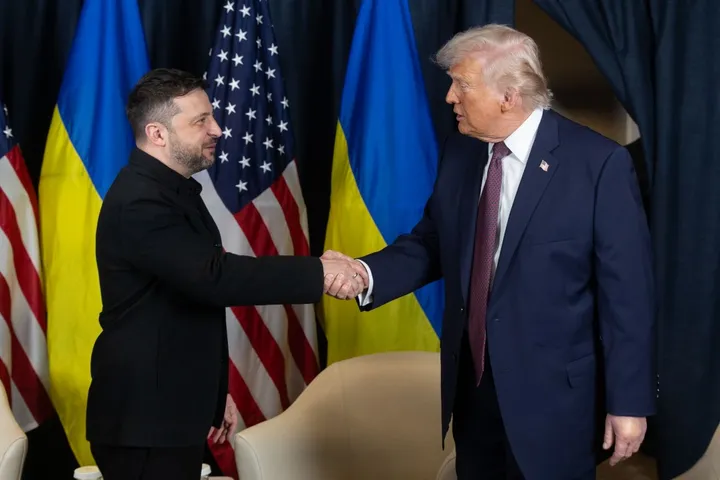Kamila Valieva can compete again at the Winter Olympics after the Court of Arbitration for Sport (CAS) decided that she can continue competing in the Beijing Olympics despite failing a doping test.
CAS said on Monday it had rejected appeals by the International Olympic Committee, the World Anti-Doping Agency and the International Skating Union to have the suspension of the 15-year-old reinstated.
The prodigious Valieva, who has not been cleared of doping, is now able to take part in the singles event that begins on Tuesday and will be favourite to win.
CAS cited "exceptional circumstances" for its decision, including her status as a "protected person" — in other words, a minor.
Matthieu Reeb, CAS director general, said: "The panel considered that preventing the athlete to compete in the Olympic Games would cause her irreparable harm in these circumstances."
CAS also emphasised that "there were serious issues of untimely notification" of the test result.
READ MORE: Russia criticises doping sanctions ahead of Winter Olympics
Russia hails decision
The Russian Olympic Committee hailed the decision but its US counterpart said it was "disappointed by the message this decision sends."
"This appears to be another chapter in the systemic and pervasive disregard for clean sport by Russia," the US Olympic committee said.
Valieva tested positive during the Russian championships on December 25 for the banned substance trimetazidine.
It is used to treat angina and vertigo but is on WADA's prohibited list because it can increase blood flow efficiency and help endurance.
But it took six weeks for the result of the test to be processed by a WADA-accredited laboratory in Stockholm.
The Russian anti-doping agency (RUSADA) was notified of the positive test result on February 8 and suspended Valieva, but she successfully appealed and the ban was lifted.
READ MORE:Despite lockdown and boycotts, Beijing Winter Games open























